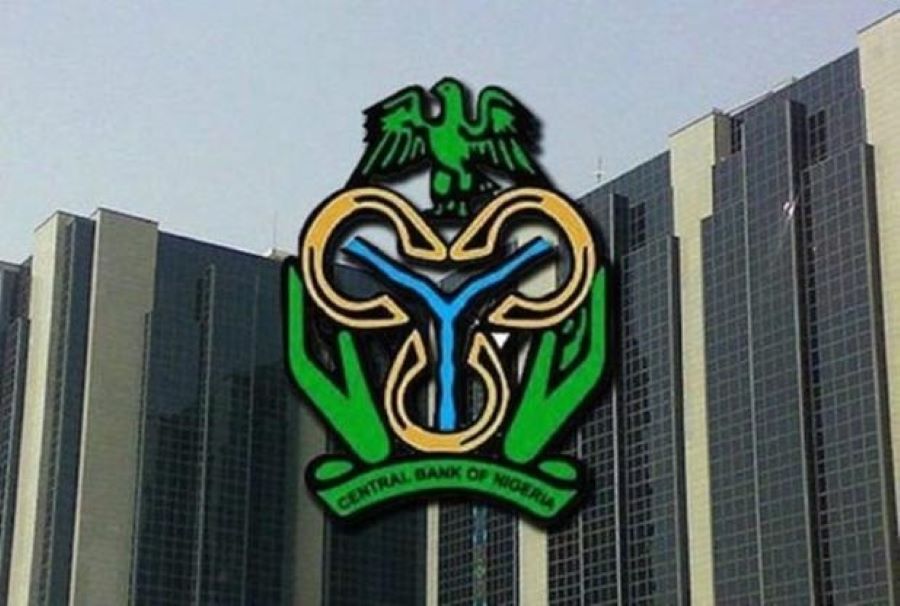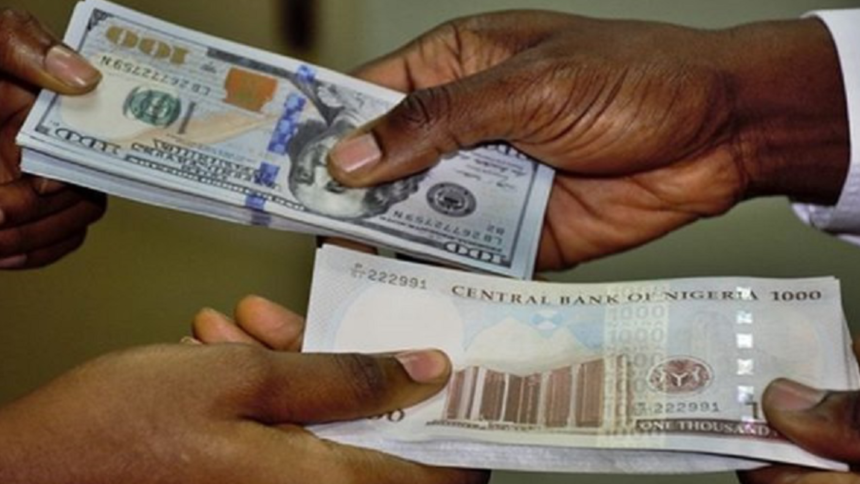Nigeria’s naira extended its losing streak to a fifth day, slipping on Monday to its weakest level since March despite central bank intervention amid seasonal demand for dollars.
Analysts said the amounts were insufficient to balance domestic demand for the greenback.
According to Samir Gadio, head of Africa strategy at Standard Chartered Plc in London, “while the naira may be undervalued, for the naira to stabilise and perhaps regain ground, large portfolio and capital inflows are needed”. …CONTINUE READING


While the analysts give credit to the Central Bank for its programme aimed at draining liquidity from the system, they acknowledge that there will be a place for more patience.
The naira stood at 1,577.29 per dollar at its official close on Monday, according to FMDQ. That’s the weakest since March 15, down from 1,563.8 on Friday and shrugging off dollar sales totalling $122.7 million on July 10-11 to local currency dealers by the Central Bank of Nigeria.
“The CBN has been in the market selling $50 million from time to time, which is not enough,” said Carlo Morelli, senior portfolio manager at Azimut Investment SA, who blamed the thin domestic market on capital outflows and a lack of investor confidence in the currency, while giving the central bank credit for tightening monetary policy and tackling access naira liquidity.
The CBN has raised interest rates aggressively to confront high inflation and stabilize the naira, which has weakened about 70% against the dollar since exchange-rate controls were eased last year.
“Restoring foreign exchange broad confidence is the last step and the huge volatility in May delayed the return to normalcy,” Morelli said. “Many foreign investors are still waiting for more evidence of stability before considering Nigeria investable.”
Since the beginning of the year, the naira has been the second-worst-performing currency in the world tracked by Bloomberg after the Lebanese pound.
The central bank, which has increased its benchmark borrowing rate by 14.75 percentage points since May 2022 to 26.25% will deliver its next policy decision on July 23. Data released on Monday showing annual inflation quickened to 34.2% in June will likely keep the prospect of another rate hike on the table.
Still, the nation is in a better position to support its currency after foreign exchange reserves reached $35 billion on July 8, the highest since May 30, 2023, according to data compiled by Bloomberg.
The West African nation’s foreign exchange reserves have been boosted in recent months by loans from the World Bank and the African Export-Import Bank.
The recent pressure on the naira has come from corporates and Nigerians getting ready for foreign vacations, said Omobola Adu at BancTrust & Co. Investment Bank.
“Boosting the supply of FX into the country remains crucial for the government to alleviate pressure on the naira,” he said. “This could potentially come from a eurobond or local dollar bond sale later this year, while increased support from multilateral institutions and syndicated loans could also help shore up reserves.”
Central Bank of Nigeria Governor Olayemi Cardoso said last month that the worst of the currency’s volatility is over. Cardoso reiterated that on Thursday in Lagos, the nation’s commercial hub, telling an audience of business leaders that the volatility of the naira was moderating.
An improvement in crude output in June and an increase in capital inflows may support Cardoso’s optimism if sustained. The nation’s output of crude oil and condensates combined rose to 1.5 million barrels per day in June, the highest since February, according to data from the country’s upstream petroleum regulatory commission.
Africa’s largest crude producer depends on oil sales, which account for at least 80% of export earnings, and capital inflows to support the naira.



